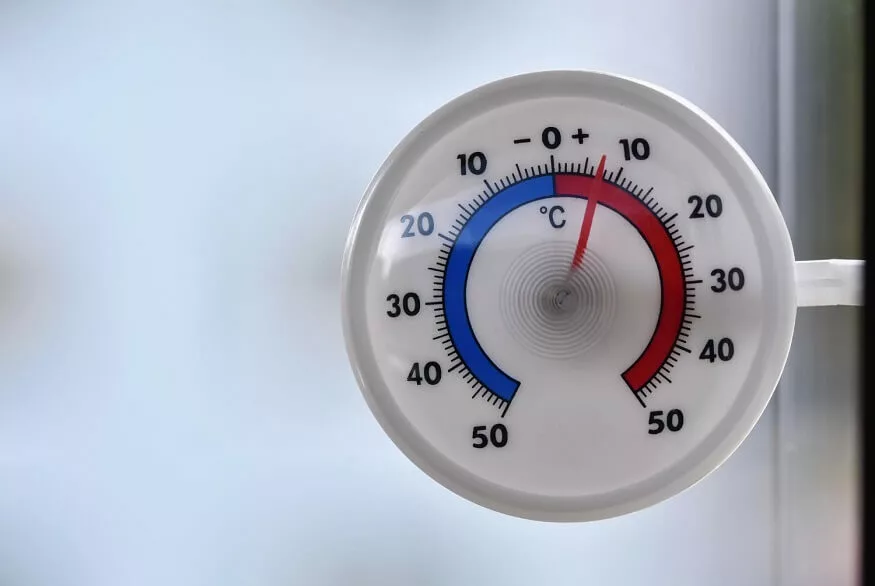Discovering that your child has worms can be a distressing experience for any parent. Worm infestations in children are relatively common and can be caused by various factors. Understanding the causes, signs, symptoms, and preventive measures is crucial for effective management and ensuring the well-being of your child.
Causes of Worm Infestation
Here are the primary causes of worm infestations:
- Poor Hand Hygiene: Insufficient handwashing, especially after using the toilet or playing outdoors, is a major contributor to worm infestations. Worm eggs, present in contaminated soil or on surfaces touched by infected individuals, can easily be transferred to the mouth through hand-to-mouth contact.
- Contaminated Food and Water: Ingesting food or water contaminated with worm eggs is a common cause of infestation. Fruits and vegetables may carry eggs from the soil, while undercooked or improperly prepared meat can harbour parasitic larvae. Consuming these contaminated items introduces worms into the digestive system.
- Inadequate Personal Space: Children, often in their playful interactions, may have close physical contact with peers. This can facilitate the transfer of worm eggs, especially in crowded or daycare settings where personal space is limited. Shared toys, utensils, and common areas can also contribute to the spread of parasites.
- Contact with Infected Individuals: Direct contact with individuals who are already infected with worms is a significant risk factor. Whether through playing together or sharing personal items, such as towels or clothing, children can unknowingly transmit worm eggs from one to another.
- Poor Sanitation Practices: Living in unsanitary conditions increases the likelihood of worm infestations. Lack of proper sanitation, including inadequate waste disposal and contaminated living spaces, creates an environment conducive to the survival and transmission of worms.
- Pets and Animals: Close contact with pets or exposure to contaminated areas where animals defecate can also contribute to worm infestations. Parasites such as roundworms can be transmitted through contact with infected animal faeces.
- Lack of Regular Deworming: Failing to adhere to a regular deworming schedule leaves children vulnerable to infestations. Deworming medications help eliminate any existing parasites and prevent new infections, particularly in areas where worm prevalence is high.
Also Read: Hand Foot And Mouth Disease: Causes, Symptoms, Prevention
Signs and Symptoms of Worm Infestation
The manifestation of these symptoms may vary depending on the type of worm involved, but common indicators include:
- Itching Around the Anus: One of the classic signs, particularly in cases of pinworm infestation, is itching around the anus. This occurs due to female worms laying their eggs in the skin folds around the rectum, leading to irritation and discomfort.
- Visible Worms in Stool: In some instances, worms may be visible in the child’s stool. Pinworms, for example, are small, thread-like worms that may be noticeable during bowel movements. This can be a clear indication of an ongoing infestation.
- Abdominal Pain and Discomfort: Stomach worm symptoms often include abdominal pain and discomfort. Children may complain of cramps or aches in the abdominal region, especially around the navel. This discomfort may be intermittent or persistent, depending on the severity of the infestation.
- Disturbed Sleep Patterns: Some worm infestations, such as pinworms, can cause itching to intensify at night. As a result, affected children may experience disturbed sleep patterns. Restlessness and difficulty falling asleep can be indicative of a parasitic infestation.
- Fatigue and Irritability: Chronic worm infestations can lead to fatigue and irritability in children. The parasites consume essential nutrients, impacting the child’s overall well-being. Persistent tiredness, lack of energy, and mood swings may be signs of a more prolonged infestation.
- Nausea and Vomiting: Certain types of worms, such as roundworms, can cause nausea and vomiting. If your child exhibits these symptoms, especially in conjunction with other signs, it may suggest a gastrointestinal worm infestation.
- Weight Loss and Poor Growth: Prolonged infestations can affect a child’s nutritional status, leading to weight loss and poor growth. The worms compete for nutrients in the digestive system, depriving the child of essential elements necessary for proper development.
- Visible Worms in Bedding or Underwear: In the case of pinworms, adult worms may migrate from the anus to the surrounding areas. This can result in the presence of worms in the child’s underwear or bedding. Observing such signs warrants immediate attention and consultation with a healthcare professional.
- Diarrhoea or Constipation: Changes in bowel habits, such as persistent diarrhoea or constipation, can be indicative of certain worm infestations. The presence of worms in the digestive tract can disrupt normal bowel function.
- Visible Signs of Worms in the Mouth or Nose: In rare cases, particularly with certain types of worms like roundworms, worms may be expelled through the mouth or nose. This can be alarming and requires urgent medical attention.
Also Read: Home Remedies To Try For Children With Very Mild Fever And When To Seek Help
Prevention of Worm Infestation:
- Promoting Good Hygiene: Educating children about the importance of proper handwashing, especially after using the toilet and before meals, is crucial in preventing worm infestations. Encourage the use of soap and water for at least 20 seconds.
- Proper Food and Water Hygiene: Ensure that fruits, vegetables, and other food items are thoroughly washed before consumption. Teach children about the importance of avoiding undercooked meat and consuming safe, clean water.
- Encouraging Personal Space: Teach children to avoid direct physical contact with peers who may be infected. Discourage the sharing of personal items such as towels and combs to minimise the risk of transmission.
- Regular Deworming: Consult with healthcare professionals to determine an appropriate deworming schedule for your child. Regular deworming can help eliminate any potential worm infestations and prevent their recurrence.
- Maintaining Clean Living Spaces: Keep living spaces clean and well-maintained. Regularly clean and disinfect bathrooms, bedding, and toys to reduce the likelihood of worm eggs being present in the environment.
Also Read: What To Anticipate Before, During And After Your Baby’s Immunisation Shots
For treatment, always consult with a healthcare professional for an accurate diagnosis and appropriate treatment plan. They can recommend the most suitable medications based on the type of worm identified and the individual characteristics of the case.
EuroSchool believes that early detection and proactive measures are key to maintaining the health and well-being of your child.










